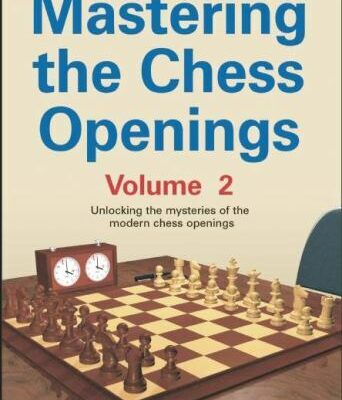In an era where chess grandmasters analyze millions of positions and artificial intelligence delves into the deepest strategic nuances, how does the aspiring player keep pace? The answer increasingly lies in sophisticated digital tools that transform traditional study into dynamic, personalized training experiences.
The Evolving Landscape of Chess Study
Gone are the days when a thick book and a wooden chessboard were the sole companions of a dedicated chess student. While undeniably invaluable, their static nature often left crucial gaps in practical application. Modern chess demands not just theoretical understanding but also the ability to apply that knowledge under pressure, against a myriad of playing styles. This evolution has paved the way for advanced chess software, which offers a simulated environment mirroring the complexities of real-world competitive play.
AI as Your Ultimate Sparring Partner
Imagine training against a chess engine that doesn`t merely play perfectly, but understands how your next opponent plays. Envision a digital coach that can mimic the aggressive tendencies of a tactical genius, the positional precision of a calculating strategist, or even the unpredictable flair of a romantic-era legend. This isn`t conceptual; it`s the current reality for dedicated players.
Modern AI-driven chess engines extend beyond brute-force calculation; they meticulously analyze stylistic patterns. This capability allows you to fine-tune your preparation against specific archetypes or even against the simulated styles of grandmasters from history. Whether it`s Morphy`s attacking brilliance, Fischer`s precise endgame play, or Karpov`s suffocating positional grip, these engines can embody the essence of legendary play, dynamically scaled to your current ELO rating. It presents a curious paradox: to master an ancient game, one must increasingly embrace futuristic technology.
Beyond style simulation, these intelligent systems offer real-time, natural language commentary, acting as an articulate, ever-present analyst. They don`t just instruct you on what to do; they explain why, unraveling the intricate logic behind moves and plans. This interactive feedback loop is invaluable for deepening comprehension, transcending rote memorization to foster true understanding.
Cracking the Opening Code: The Encyclopedia of Possibilities
The opening phase of a chess game is often described as the “blueprint” – a critical stage that sets the tone for the entire encounter. Yet, mastering the sheer volume of contemporary opening theory can feel like an insurmountable task. This is precisely where a comprehensive digital opening encyclopedia becomes indispensable.
Far from being a static database, the latest editions are dynamic repositories of knowledge, meticulously curated by leading grandmasters. They don`t simply list variations; they provide detailed theoretical analyses, include annotated games illustrating typical plans, and even offer video lectures from world-renowned experts. Think of it as having an entire library of grandmaster insights at your fingertips, organized not just by ECO codes but by thematic ideas and strategic principles that underpin each opening.
One of the most valuable aspects of such a resource is its ability to track “early deviations” and contemporary trends in grandmaster play. In an age where prepared lines can extend deep into the middlegame, understanding how top players are sidestepping main variations is a crucial competitive edge. This level of insight allows players to not only build robust repertoires but also to inject fresh, perhaps even surprising, ideas into their existing lines, catching opponents off guard.
Synergy for Success: The Unbeatable Training Duo
The true power emerges when these two sophisticated tools are employed in conjunction. An advanced chess engine provides the dynamic opponent, rigorously testing your theoretical understanding and tactical reflexes under pressure. The comprehensive opening encyclopedia, on the other hand, supplies the deep, structured knowledge base, allowing you to research, learn, and refine your chosen openings with unprecedented efficiency.
This symbiotic relationship creates a potent learning environment. You might study a new opening line from the encyclopedia, then immediately apply it against an AI opponent tailored to your needs—perhaps even one simulating the style of a player known for their prowess in that very opening. The engine challenges your understanding and exposes weaknesses, while the encyclopedia provides the necessary theoretical grounding to correct mistakes and reinforce good habits. It`s a remarkably effective, closed-loop system for continuous improvement.
The Path Forward for Chess Enthusiasts
For any serious chess player, the journey to improvement is a continuous one, filled with triumphs, instructive defeats, and occasional frustrating plateaus. In this modern landscape, leveraging the power of advanced chess software is no longer a luxury but a strategic necessity. It democratizes access to high-level training, bringing grandmaster-level preparation techniques within reach of every dedicated enthusiast. The future of chess mastery is digital, intelligent, and remarkably effective.








